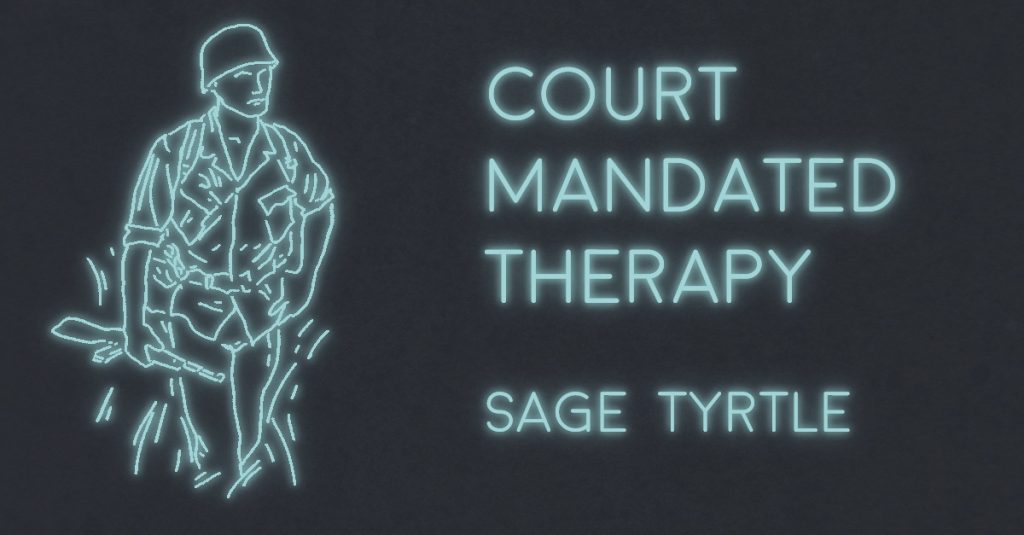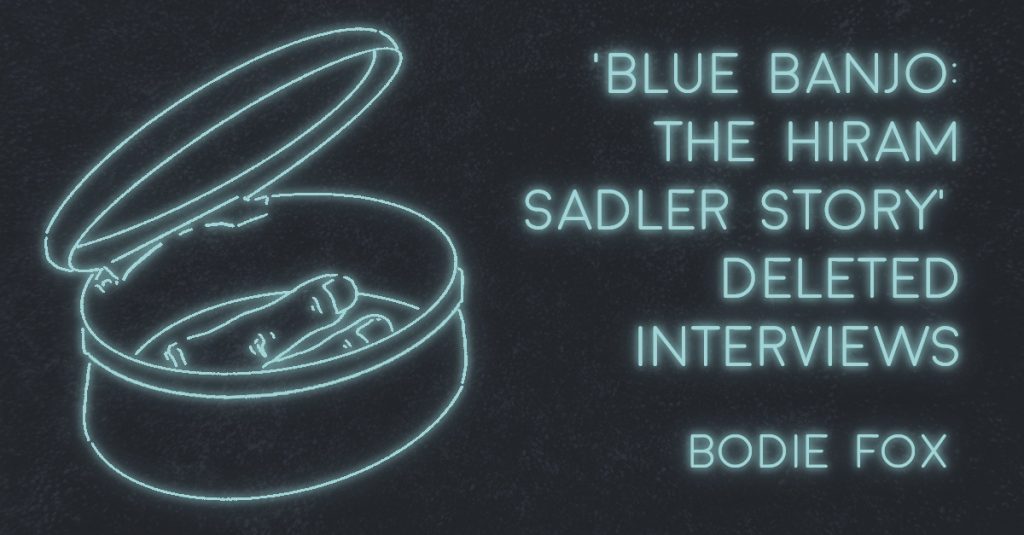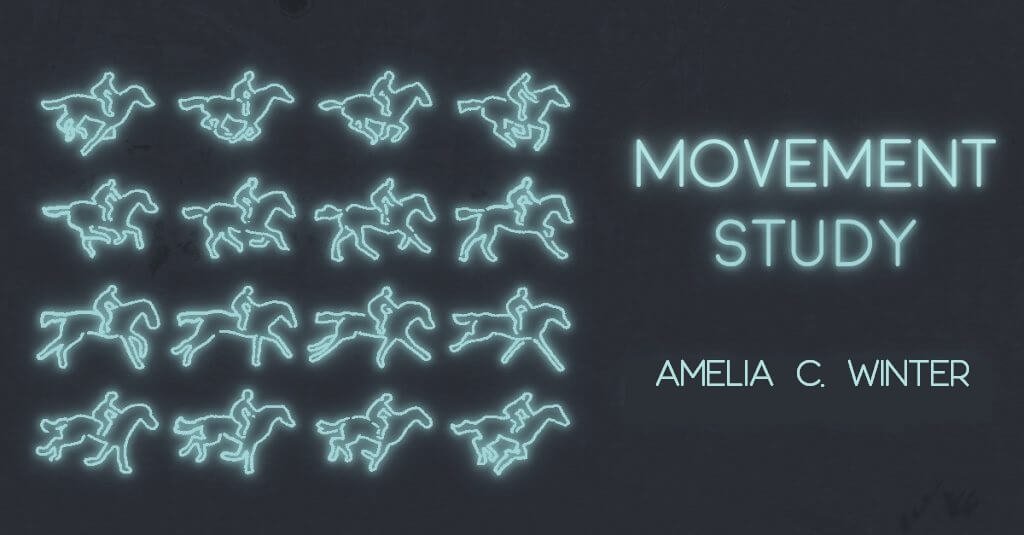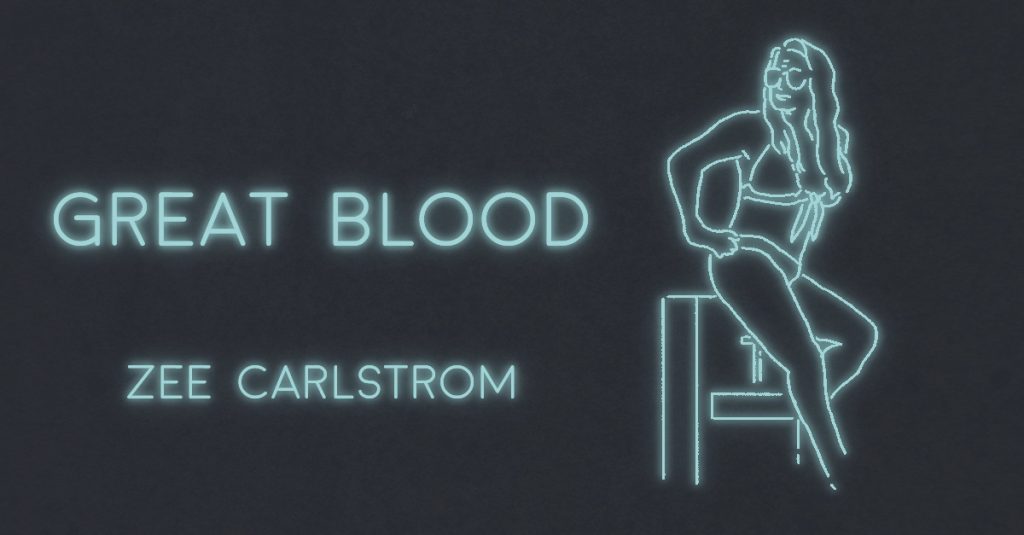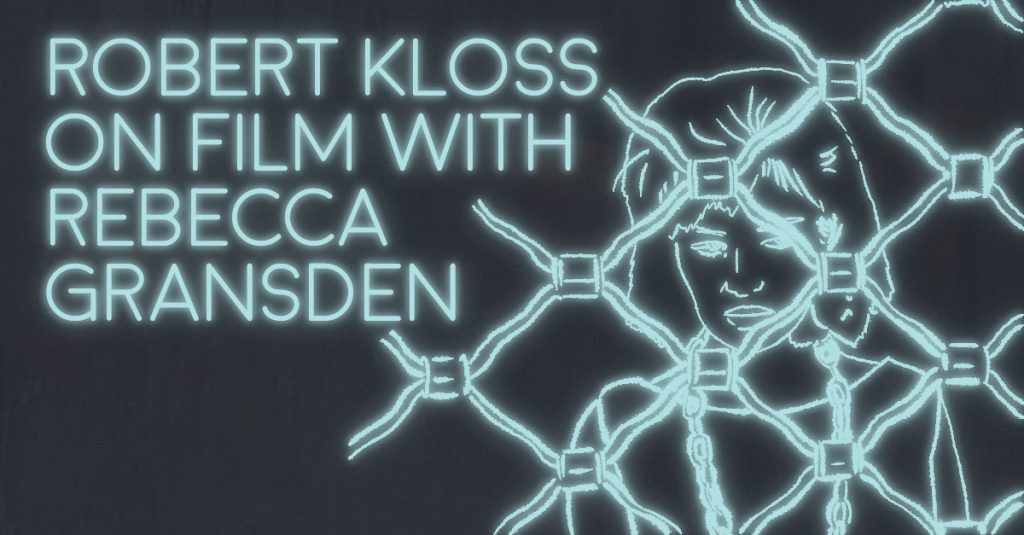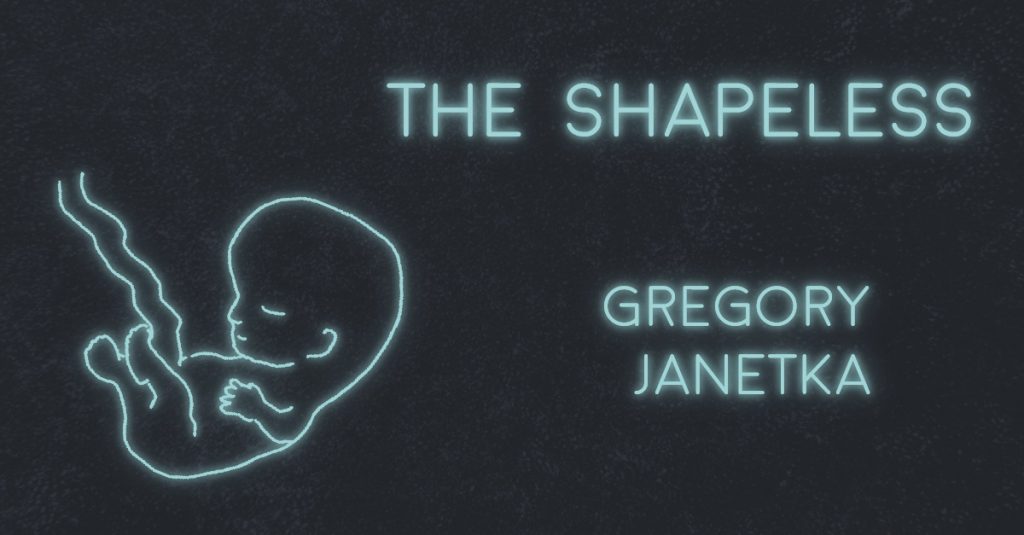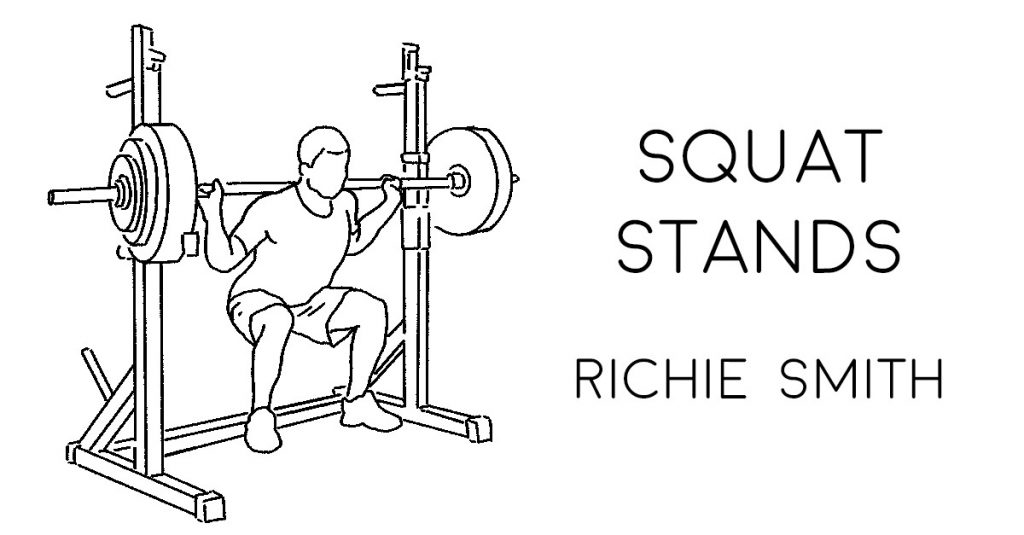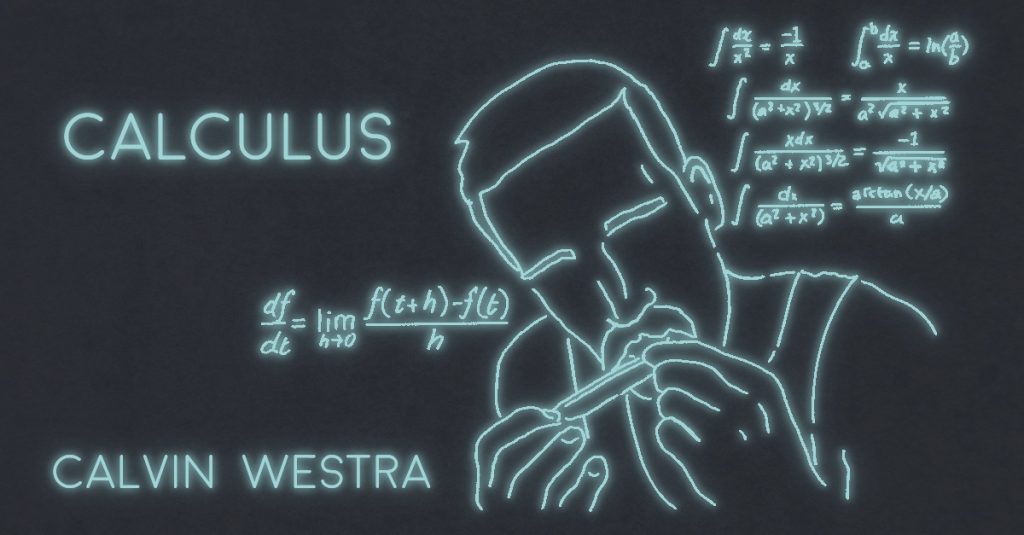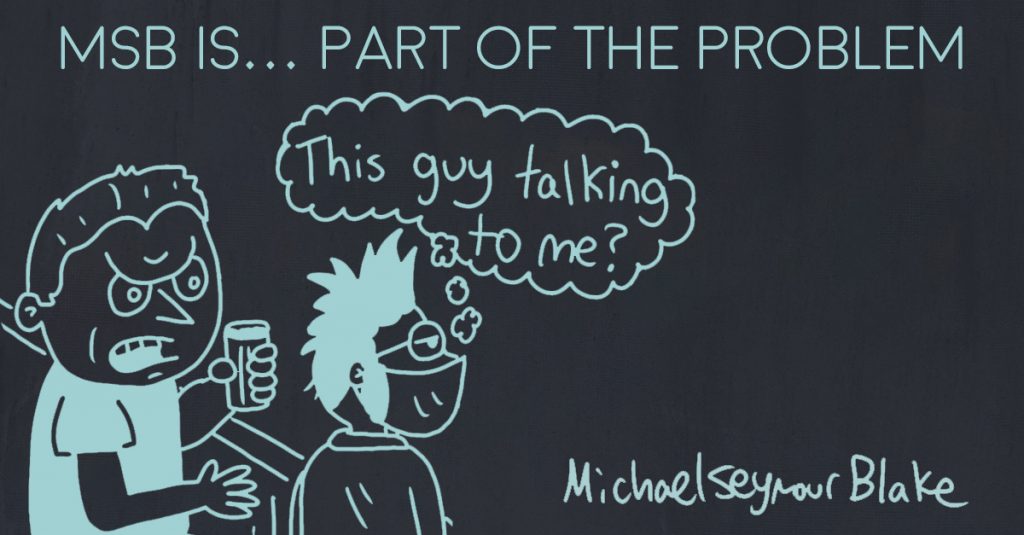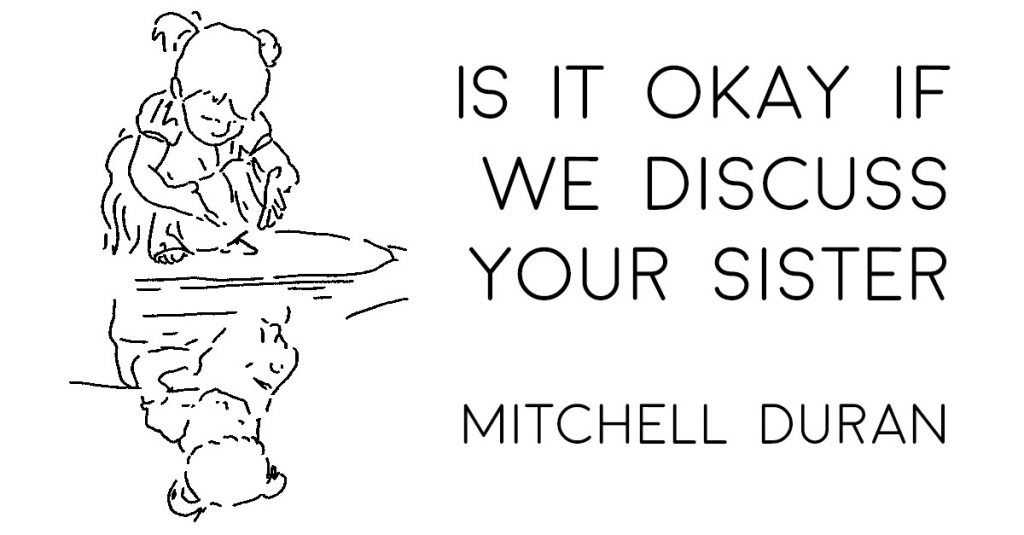
IS IT OK IF WE DISCUSS YOUR SISTER? by Mitchell Duran
On the day of her funeral, twisted roots and ashen rocks jutted from the edges of the concrete vault. I had never seen a grave before. I had never seen a casket. I had never seen Earth displaced with that kind care and disregard.
After carrying her, side by side with the family, our fingers stiff from the cold of morning, we placed her final bed on the mechanical lowering-device. A part of me wanted to do it myself. The impulse felt foreign, but close. A part of another part. After, I was told the help always did it, that we were allowed to carry her but not lower. I didn’t ask why.
All I remember is feeling ungrateful.
We stepped back onto the grass, wet from a light mist. Northern fog always rolled over the mountains at that time. Some of us went to stand underneath the provided tent. I stayed close, with the scattered leaves off the dry limbs of the trees spinning around my feet. In the distance, I saw a pile of dirt that would later be used to cover her forever—soon, the debris and rubble, the sticks, and stones would be as much a part of her as we once were.
And as old friends stood next to fresh wreaths and held burning candles near her waxy smiling portrait, I finally saw what everyone else saw, I finally felt what everyone else felt. Against my own will, I had become like them.
#
Where was she?
Why did she go?
Would she ever meet me on the other side of the river?
#
I was sitting in my parent’s Prius, the windows rolled up, when my cell phone rang. The shock of sound jolted me. For a second, total silence provided an inkling of peace. A seagull had shit on the corner of the windshield. I didn’t bother cleaning it up. I could barely put up a fight.
"Please grab flowers after you’re done with your appointment,” Mom said.
“Ok.”
“I don’t want to go to the store before we go tomorrow.”
Mom. She was crying. I looked at my eyes in the rear-view mirror. Nothing. Blank. Give her something bastard, I told myself. Nothing.
"Make sure about the flowers," Mom repeated. “Your clothes are ready in the laundry room too, for tomorrow. Remember the flowers, ok?”
Mom’s voice wavered the way sunlight does across moving water.
“Yes,” I said. “I got it.”
I hung up or she did.
It didn’t matter.
I slid my phone back into my pocket and opened the driver side door.
#
About a year after everything, I started seeing a psychiatrist about repetition. I’d deemed them ‘Psych’ for short. In the throes of death names no longer mattered. During our visits, Psych felt more like an entity than a person. People were fallible, vulnerable, and easily taken. Sometimes Psych was faceless, a blotch sitting in a chair asking me questions, trying to get answers out of me that I couldn’t give reason to. They consistently brought up the word “cycle”.
"Everything is repeated," I insisted.
"Life is a cycle," Psych disagreed. They did this to get me talking.
"Can cycles be identical?" I asked.
"Technically not. Some cycles are extremely similar, but no two cycles are exactly the same. Are two people's lives ever exactly the same?"
"I wouldn't know. I don't know that many people. Maybe."
"You’re seventeen. You know lots of people, like your friends and family.”
“They don’t count.”
Psych clicked their pen out and in, out and in. I hated that. It was a nervous habit that humanized them. I didn’t like that. It made me resent them, a trick forcing my mind to recognize their life. I didn’t want that. I didn’t want to get that close.
"The word cycle is used by people too ignorant and afraid to use the word repetition,” I said. “They are scared of the truth that everything is repeated for the next generation, the next group, the next of the next of the next. We shift things around, give things to one another to tilt life to make it look different, but things remain the same. Everything contains the same primal function from the beginning of time, only now, there’s more distance due to our own creation out of fear. Music is still music, words are still words, paintings are still paintings, love is still love, and death is still death. These ‘differences’ in rituals are degrees of separation that end up confusing people and strays them from the truth. All this is going to end one day for them, completely out of their control, suddenly, whether they like it or not.”
Psych looked up from their pad of paper. It was the first time all day. I could see their annoyance from our lack of progress. Let them feel it. Their failure had nothing to do with me.
“Can I tell you something?” they asked.
“Aren’t you supposed to ask stuff?”
“Your mother informed me about your sister,” they said, ignoring my quip. “Which is why you are here Camden. Is it ok if I ask you some questions about her?"
I leaned forward on the couch with my hands clasped between my legs. There was a dot of sweat on their hairline. Again, I tried to ignore any physical reaction to the moment we were in, but it was hard, nearly impossible. On top of that, they saw that I was staring. Nonchalantly, they took out a thin white napkin, dabbed the sweat, then threw it away without a thought.
“Can I have some water?” I asked.
They motioned to the paper cups and pitcher beside me.
“So," Psych maintained, "would it be alright if we discussed your sister?”
The water, after I dumped it onto my head, as it ran through my hair, over my face, and onto my shirt, was colder than I expected. Psych’s eyes reminded me of what my Mom's eyes looked like at Ally’s funeral: defeated and bewildered. I remembered my father’s eyes: hate, anger, and the need to lash out at God but everyone knows that you can’t reach Him.
"Sure," I answered. "Let's talk about my sister."
#
The priest cleared his throat and squeezed the podium so I could see the whites of his knuckles before he began.
"To lose a child is the hardest trial a parent can be asked by God to endure. We are born, we are raised, and we live as well as we can until the Lord beckons us back to his kingdom."
The crowd was dressed in black. The long, wooden pews were worn and scratched. We sat inside a large stone church, still and quiet as the priest spoke. Before entering, I felt a light rain on my cheeks and forehead. Immediately, I imagined her, Ally, my baby sister, somewhere above us crying, wishing she could be there with us.
My seat was uncomfortable and tight. Mom and Dad were beside me, silent. Ever since the divorce, I hadn’t seen them sit so close together. Mom dabbed her handkerchief to her eye as she cried. Dad gripped his hands until they shook. Mine were flat in my lap.
"And when we are faced with such trials,” the priest continued, “we must go to God for guidance. Some may be reluctant to do so because of one's anger but, I ask you to remember, that anger and hatred were blessed to us by Him. Without God, we would have nothing.”
I hadn’t been allowed to see Ally's body yet. I looked up at the ceiling and imagined what Ally saw laying in the coffin, but realized her eyes were closed and would never open again. I felt so young, so stupid, and naïve. In a violent gust of wind that rattled the church doors, I could hear life laughing at me.
The priest paused and the immense silence that followed brought on a sensation to weep. It began in the middle of my chest, near my heart and lungs; a shaking panic. My throat tightened, my eyes watered, and my breath felt like it had been stripped from me. I couldn't breathe. Was I dying to keep Ally company, wherever she was? My throat released and the choking sobs brought on a fever of hysteria mixed with rage. The fact that life had forced this pain upon me was incomprehensible. I wanted it out of my mind. It felt like a bullet ricocheting around in my skull. Mom’s hand touched my shoulder, but there was no comfort in it, only a disdainful, broken acceptance. The helplessness curled up inside of me and did not release.
Outside, I heard a dog barking in the distance, angry at something.
Later, when this moment became a faded picture too hazy to be a memory but too real to be imagined, I would feel guilty about my lack of control. I’d recall the suddenness of that reaction, the crisp, sharp spontaneity of feeling that eternal sorrow for the very first time.
"Life does not give us any wishes," the priest said, "for we are the wishes of God. Only God can wish. We are his dreams. We must strive to make his glory a reality on this plane. Ally is with Him now and, if you have faith and believe in our Lord, then you are with him too.”
The priest looked down at our fractured family, his face solemn and heavy.
“If you are with Him and Ally is with Him then, in a way, you are together through His good graces. When you leave this holy place, walk with her in the afternoon. Walk with her in the light of the moon. Walk with her always. Let her never leave you.”
When we were asked to rise and say goodbye, I hesitated to look down at Ally’s body. Like a child, I was afraid. So, I stared at her tiny feet in shoes I didn’t recognize, then her stiff legs, her delicate hands in thin white gloves she would never wear if she were alive. When I got to her face, I didn’t recognize it. There was no blood in her cheeks, her lips. Her life had been taken somewhere else. Ally was no longer there. I understood then what people meant about our bodies being shells for who we really were. Everything was imagined. Built up over time. We were nothing but carriers of the effects of our experiences. Ally had been allowed so little.
As we carried her out of the church, down the stairs and over dry, fallen leaves that cracked and broke underneath our feet, the sun did not come through the thick clouds overhead like it did in the movies, signifying some new beginning.
It was plain: she was not there. She was gone. We were left without her. This was what life would be like now.
All of it.
#
After the funeral, after the wake, after everyone went home, I walked a small dirt path along a hiking trail close to Mom’s house. There was a little bridge we used to cross that Ally was afraid to walk over. It always bugged me the way she forced me to hold her hand. She feared how fast the river moved beneath us. I remember feeling embarrassed guiding her along, even though no one else was ever there. As I crossed the bridge, wanting nothing more than to help her again, I recalled walking along that same river, together.
“So, what are you learning in school?” Ally asked me.
I hesitated. “I don’t know. Sophomore year stuff?”
"I’m learning about geology." Ally paused. “Lots to do with rocks."
"Rocks?" I stammered, not remembering a time when I learned about rocks in school. “That’s kind of a dumb thing to be excited about.”
"I don't know," she grinned. "There are so many different kinds. They give you all these books and I read them all.”
Ally loved information in whatever form it took. Mom and Dad loved that about her. It seemed that her entire life was about acing tests, playing on the best sports teams, and surrounding herself with an endless number of friends. Her parent teacher conferences were like an award show. Her whole life seemed to be effortless. Nothing could hurt her.
Ally moved to the edge of the river and crouched to observe the rippling water.
“I can almost see myself in the water, Cam,” Ally said. “Like I’m looking in a mirror.”
The brown blackish surface was so smooth it looked like marble or the brass casing of a bullet. I couldn’t tell how fast the water was going. The rain hit hard that Fall. I’d never seen the river so deep that I couldn’t see the rocks at the bottom. Across from us was a large hill that escaped upward as if leading all the way to the light blue sky. There were no clouds, only bird’s wings spread gliding between the trees. Ally bent down, her bare knees in the dirt, and looked at her reflection in the water.
“Did you like it when Mom and Dad were together or not together?”
“Geez,” I said, shaking my head. “It’s different.”
“I wish I remembered more. I’m scared to talk to them about it. I feel like they’d get mad.”
“Why?”
“Maybe they’d think I was blaming them?”
“Have you thought about this a lot?”
“Haven’t you?”
I shrugged. “What can I do?”
“Nothing I guess.”
I had the impulse to comfort her but realized I didn’t know how.
Ally dipped her fingers in and fluttered them, creating tiny droplets in the air that quickly fell and dissolved. I stepped away, half to get some space from her and her question, half to walk further up the trail. I bent down to pick up a stick to fling into the brush, when I heard something fall into the river.
I turned to find Ally gone. I hadn’t been there. Ally, my sister, my sister, my little sister.
Tiny pebbles dug into my skin as I dove for the riverbank. Ally’s hand reached out and I managed to grab her before dipping back under. I pulled as I pushed myself back in the dirt, trying to be both strong and gentle as I got over the edge and dragged us away from the current. She was on her back, crying, soaked to the bone. I brought her up onto my chest and held her close to stop the shivering.
“It’s ok,” I tried to tell her. “I’m here. I’m sorry. I’m here. I’m here.”
I thought of that moment as I threw myself in at the same exact spot. My body, shocked by the cold, was immediately pulled under. I let it. This is what I deserve, I thought. This is my punishment. As my breath thinned, the current shifted downriver, sending me into a sandy embankment. The river spit me out like rotted meat. Who was I to decide what to do with my life? I managed to crawl onto the path with no one to keep me from shivering but myself. Up in the night sky, the stars were bright and far away.
#
"Jump!" I screamed at Ally. She was tip toeing on my favorite jumping rock, the one I always dove from whenever we visited the big river up north. “It’ll be fine!”
Dad took us up one weekend. Since he and Mom divorced, Dad needed company. They had been married since they were sixteen. I didn’t know what that was like. I could only see the effects: the absence at the dinner table, the nights of him coming home drunk, the breakfasts Ally or I would make for each other because he couldn’t get out of bed. The loss of love left Dad sick and neither of us knew how to make him feel better.
Ally shivering on top of the rock. In the water, my skin felt like it was in that mixed state of warm and numb, almost like my head was the only thing attached to my body. Everything from the rippling river to the cars careening on the road that day was moving to its own music.
"If you jump in," I said, holding myself still with the tips of my toes, “you won't be cold anymore. You gotta' jump in."
"I was freezing swimming over here! How do you know that?"
"Because I feel fine!" I yelled. "Look at me. I'm not shivering at all."
"You're lying again. I can tell!"
She stutter-stepped to the edge, looked over, shook her head, and backed away.
"The fall will only last a second and then you'll be in the water. I promise.”
"You promise?" Ally’s eyes were big and scared, but I knew she could do it.
"Promise," I said as I dove under the surface of the water, heading toward the rock. I heard a distant splash and knew Ally had finally jumped. I smiled, letting the river water run into my mouth and through my teeth. I kicked my legs and reached out my arms, propelling myself to the shore ahead.
Popping out of the water, I stopped and looked up into the forest. The road was twenty feet away from the river and I could hear cars and trucks rushing by. I listened to the river and felt the sun and saw the leaves rattling in the trees. I rushed up the slick surface of the dark green and black rock, gripping tight on the one hold there was, and pushed myself up with my legs. The floor was wet from Ally’s hesitation. I laughed and called out to her.
"You almost made a lake up here, Ally!" I shouted scanning the river.
I couldn’t see her. I looked on the other side of the bank. There were broken branches and debris. She wasn't where I had been swimming. I looked downriver, thinking maybe I’d see her bobbing along towards Dad. She wasn't there. I only saw the water, its tiny white ripples folding over one another, brown and dark blue, white rays of sunlight streaking over it. A slow tingle started around my temples and my eyes began to water. My hands started to shake, and my chest tightened. If I took a breath, if I did anything, my fear might become a reality.
"Ally," I yelled. “Ally! Where are you?"
I looked upriver, thinking maybe she had accidentally gone the wrong way. She was small. She was young. She didn't know left from right or down from up, why would she know which way to go? Maybe the river had taken her downstream and I couldn’t see her? She must have been so scared. I thought maybe she was playing a trick on me. I looked across the river into the brush to see if she was hiding behind a tree or down in the leaves. She wasn't there. She couldn't have gotten herself across the river that fast anyways. The tingling stopped, and breath burst back into my lungs. I looked downriver and saw nothing. I saw the bridge with its two large arches, the sun bright against the stone. I couldn't see Dad.
Where was Ally?
I dove into the river, scraping the tip of my nose along the rocks. Why was the water suddenly so shallow? It hadn’t been when I had jumped in feet first. Had I convinced myself it was deep to get Ally to jump? I felt stones and sand mix together and the grittiness rub against my skin as I thrashed around, spinning in circles, trying to see everywhere at once. The birds that had been flying from branch to branch had stopped. A wind blew over the river, stinging my eyes. I watched small, inch high ripples begin, peak, and melt.
Then, I saw her face down, silhouetted against the light blue water.
I swam as hard as I could, my skin no longer numb but burning.
When I reached her, I turned her over, held her body in my arms, looked at her smooth, small face, and knew she was dead.
#
I held a tiny Dixie cup of water in my hand. Psych had moved the pitcher of water and a stack of five or six cups on the coffee table next to them.
"Camden, how are you feeling after last week?" Psych asked.
"Refreshed," I said.
"Do you feel you've made any progress with what you're able to share?”
I took a sip of my water and looked out the window, noticing the cars on the road. Trees stood unwavering and naked. If I had turned around when I got out of the water rather than stopping to look up into that stupid forest and listen to those stupid trucks rushing past, I might have been able to save her. The nibbled edge of the cup I chewed on fell away from my lips and rested on my knee. It wouldn't have made a lick of a difference anyway. She was dead when I got to her. I couldn’t have done anything.
"She broke her neck," I said.
The words mirrored the cold reality I felt but had yet to articulate. I had no idea if the truth should have given me some kind of catharsis. All I could do was continue.
"She dove in head first because I told her it was deep enough for any kind of jump. She was young. I was trying to get her to come with me. We..." I stammered, feeling that same choke I felt when I couldn't find her. I looked out the window again. A woman glided along the sidewalk with her dog.
Psych nodded.
"And, I had her little body in my arms and her eyes were open, and she was looking at me, not breathing or anything, but staring up at me blankly, unable to say or show me anything. I couldn't help her. She was gone and the river was pushing me because my legs had started to shake and my arms…I’d grown so weak all of a sudden. Maybe it was from being in the water for so long, but I couldn't hold her up, so I let the river take some of her, her weight, I mean. I let the river take us both down the small rapids where the trout would rest in the shallow pools, where the sun would shine all day, making the water warm. I never figured out why the trout would sit in that specific spot like that, but now I see they must like it there because of the heat. It's funny, because I always thought fish were such cold things and I only figured it out because as we floated down and passed through that warm spot it wasn't warm, it was hot, like boiled water. It surprised me. Then, I remembered Ally couldn't feel anything that I was feeling. She would never be able to feel anything ever again. Maybe in another way, in a way that no living person knows how, but the way we felt things…that was finished for her.”
Psych put their pad of paper and pen down.
"You must understand Camden, Ally's death was an accident. There was nothing you could have done about it. Some people, people you will perhaps talk with later in life, may call it an act of God or a freak accident or other things, but these labels are only there to make you feel better about what happened or give it reason."
I said nothing.
"It’s a very hard thing to understand and live with Camden, things happening without reason. It’s extremely close to the idea of chaos. If there is no reason for the death of someone you love, then how can you live day-to-day and not go crazy?”
"I don't know.”
"You are innocent,” Psych told me. “Know that.”
I shifted and turned to the pitcher of water and poured myself another glass.
"How do you see yourself dealing with this event over the next four or five years? I imagine you are going to college soon. How do you think you will handle it there?"
"How will I handle it?" An image of Ally reading her science books at her desk with only her overhead lamplight flashed across my mind. All was quiet around her.
"Yes," Psych said.
"Miss her. Think of her. See her in anything I think is beautiful. Know that she is gone and accept it in a sort of melancholy fact of life that everyone you know, and love, will one day have to be buried. Some later, some sooner. Some now, some hundreds of years from now. Always remembering that she had more time than others and that I am grateful for the time that I had with her. Live for her. Love for her. Grow and feel everything doubly as much because she never had the chance. Never let her go. Keep her picture by my bed. Let her walk with me when I walk alone.” I exhaled. “That maybe one day I'll see her on the other side of the river and have the courage to go to her, take her hand, and walk with her.”
"I think that is a very good start, Camden."
“Yeah,” I sighed, rubbing the sting out my eyes. “It’s something.”
#
One night, I had a dream. I was alone walking along a river’s edge. Tiny pebbles and sand fell into the water as I walked on loose dirt. How I had come to be there, I didn't know. I realized it was the same river Ally had fallen into, the one I threw myself in, the one who denied me.
The air was still and cold, with my breath visible moving through the still scene. I came to a junction that led to a hill where the path crested and then descended, a path I had been up and over many times, but in the dream I couldn’t remember what lay past it. Two large redwood trees stood on either side of the hill’s arch, seeming to grow right up into the sky. I went to walk toward the hill, but then heard Ally's voice behind me.
"I want to go home.”
I turned to face her. She looked the same: small, with her brown hair to her shoulders; her almond eyes reflecting the sun; those tiny lips that barely parted when she spoke. She was at least ten feet away from me, but I could still smell the lemon sun-tan lotion Mom would put on her whenever we would go out walking. I felt so grateful and full of love. I begged my mind to accept this was real, fearing the acknowledgement I was in a dream would force me to wake up.
I stopped and looked into her eyes. They were wet, on the verge of crying. There was nothing I could do.
We walked up the hill and down into a valley. Thin scattered trees stretched up into the sky, standing like toothpicks, swaying back and forth. No sunlight broke through their leaves—
it was like we’d walked into a room with the light switched off. We reached another river. Ally went ahead and dipped the tip of her pointer finger into the water and whirled it around. I was coming up behind her when she told me she couldn't see her reflection. I looked over her shoulder and couldn't see mine either.
I stepped back as Ally stood and turned to me. Her face was so clear. She smiled. The sound of the river trickled behind her and the sun shining down through the leaves of the trees cast her in an impenetrable white light. I lost sight of her like I had at the river. Out of that same panic, I reached for her, desperately wanting to feel her tiny hand in mine, but the light dimmed. The sound of the current lessened, the sun grew fainter, and the ground that had been moist and loose became hard and brittle.
Ally was gone.
I was by myself again.
When I woke, my hands were clenched so tight it took a few minutes before my fingers relaxed. I swung my legs over the edge of the bed and looked across the hall into Ally's old room, feeling that same choke in the center of my chest. I thought I saw an outline of her hunched over her desk, a pencil in-between her fingers. I blinked and it became what it really was: a desk with an empty chair. The tightness in my chest relaxed.
“You still dream of her,” I told myself. “She's still there.”
I got up and looked out my window. It was a new day. Ally was with me and far away. She was always like that - close but distant. That was our kind of love.
The thin river behind our house moved slowly over the stones, down the tiny waterfall, and into the drainpipe that led to the hiking path. I listened to the crows chattering. There was a gang of them perched in the trees. Their jet-black feathers clashed with the light blue sky and olive-green leaves. They showed up en masse whenever the bugs were buzzing around. Ally always hated those crows.

